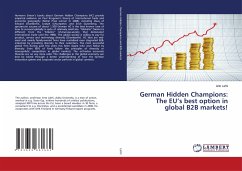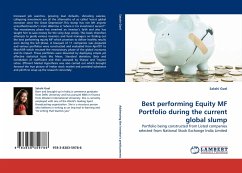Hermann Simon's books about German Hidden Champions (HC) provide empirical evidence on Paul Krugman's theory of international trade and economic geography (Nobel Prize winner in 2008), including ideas of Edward Chamberlin, Joseph Schumpeter, and Erich Gutenberg. The spectacular success of about 1,500 German HC is the best known case of how to succeed globally in spite of relatively small size. "Globalia" (Simon) is different from the "Atlantic" US-Europe-society that dominated international trade until the 1980s. The global society is willing to pay for product, service and technology diversity (Chamberlin). HC that are mid-sized and mainly family-owned firms have revitalized even stagnated B2B-industries by providing diversity to their customers. The most successful global firm during past few years has been Apple who won Nokia by diversity. Even 60% of firms follow the principles of diversity or monopolistic competition in global markets. The orthodox economic theories are no any more valid. The challenges in the global economy can best be solved through a better understanding of how the German innovation system and corporate sector perform in global contexts.
Bitte wählen Sie Ihr Anliegen aus.
Rechnungen
Retourenschein anfordern
Bestellstatus
Storno








